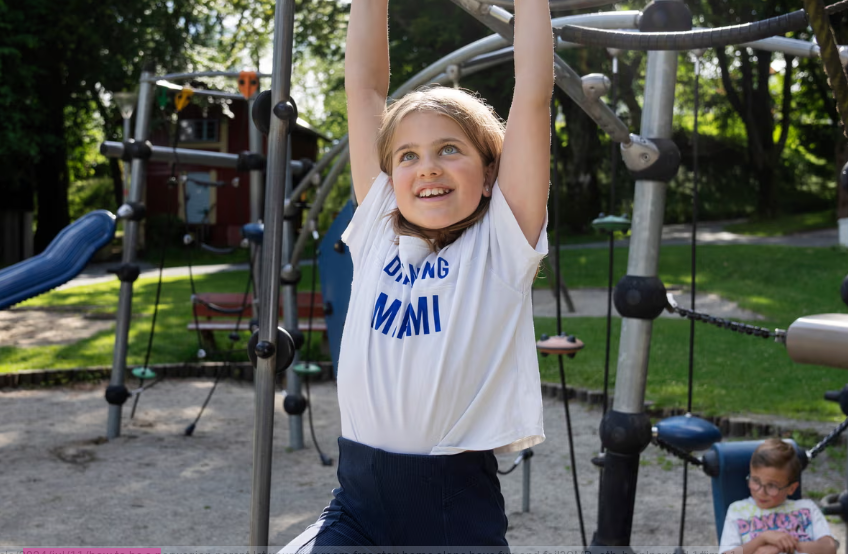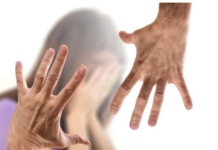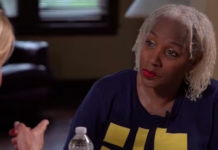From The Guardian comes this article by Andy Welch on the benefits of free-range nature of Norwegian parenting, which emphasizes independence and agency from an early age:
“It’s 1.30pm. Nila and Arion arrive home after finishing school for the day. They let themselves in, make some food, then sit down to do homework, or practise piano, or do the housework they’ve been asked to do. Their parents won’t be home for a few hours yet. The children sometimes go out with friends to play in the street or wander the fields. The only real rule is no screen time unless everything else has been taken care of.
So far, so normal, perhaps, except the sister and brother are just 10 and eight, and they’ve been living this kind of unsupervised mini-adult life for years.
They live in Stavanger, on the south-west coast of Norway. Like all of their friends, they’ve been walking to and from school alone since they first attended at the age of six. They were given their own set of house keys soon after. This is the parenting way in Norway – it’s decidedly free-range, with an emphasis on independence, self-determination and responsibility, with a dash of outdoor fun thrown in for good measure. . . .
There’s evidence that Viking children as far back as the ninth century were raised in a relatively similar way: treated as adults and expected to chip in with whatever work needed to be done. It’s a way of life, deeply ingrained to the point that most Norwegians I’ve spoken to can’t understand either the fascination with their method, or why anyone would do it differently.
This more nuanced modern take – more conversations about feelings, less pillaging – rose to prominence in the aftermath of the second world war, says Willy-Tore Mørch, emeritus professor in children’s mental health at the University of Tromsø. Much of the country’s infrastructure had been devastated by the years of Nazi occupation. Rising to the challenge, the newly formed Labour government believed that all Norwegians should contribute to the rebuilding – children included.
‘The children had to be strong and hardened, and trained to be independent and loyal,’ says Mørch. ‘Perhaps most parents today are not aware of this history, but building trust between parents and children remains a basic relational quality in modern Norwegian child-raising.’ . . .
Mørch says the Norwegian parenting style cannot be understood without assessing the influence of the psychologist Åse Gruda Skard. Skard was a famous figure in postwar Norway, where she appeared on radio programmes and in newspapers to spread her groundbreaking ideas on ‘free child-rearing’ as a response to the authoritarianism seen before and during the war.
‘The US had Benjamin Spock, and we had Skard,’ says Mørch. ‘She strongly opposed a punishment-oriented parenting style, instead teaching parents to look at things from the child’s perspective, to ask: what does the child experience in this situation? What does the child understand now? How can I help the child to understand what’s going on? How can I support the child in this situation?’
Article → ***
***
More from Around the Web
More from Mad in the Family














